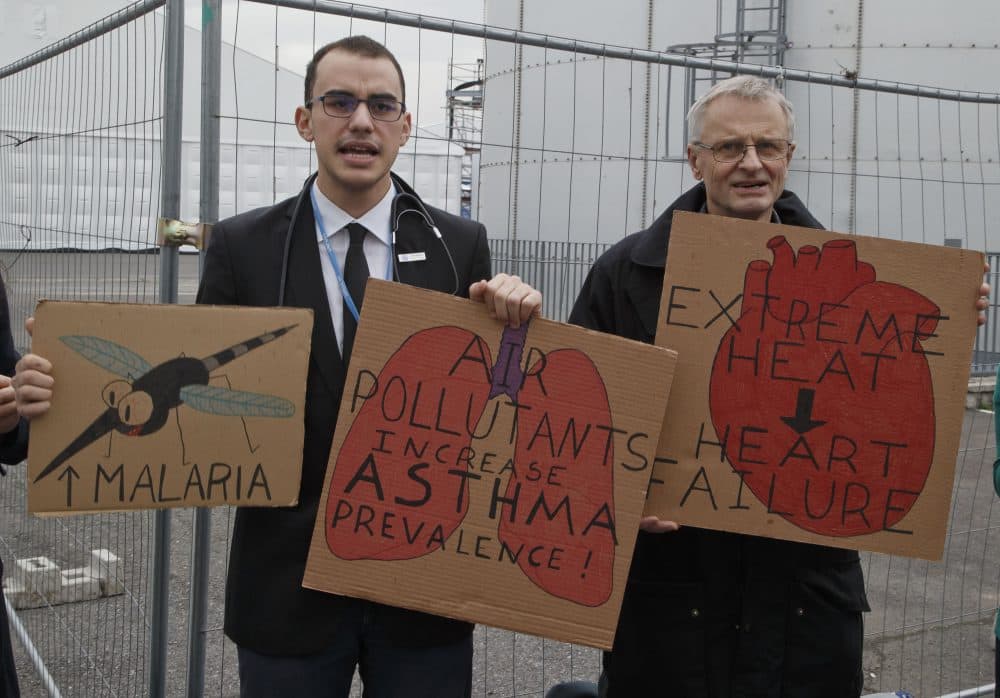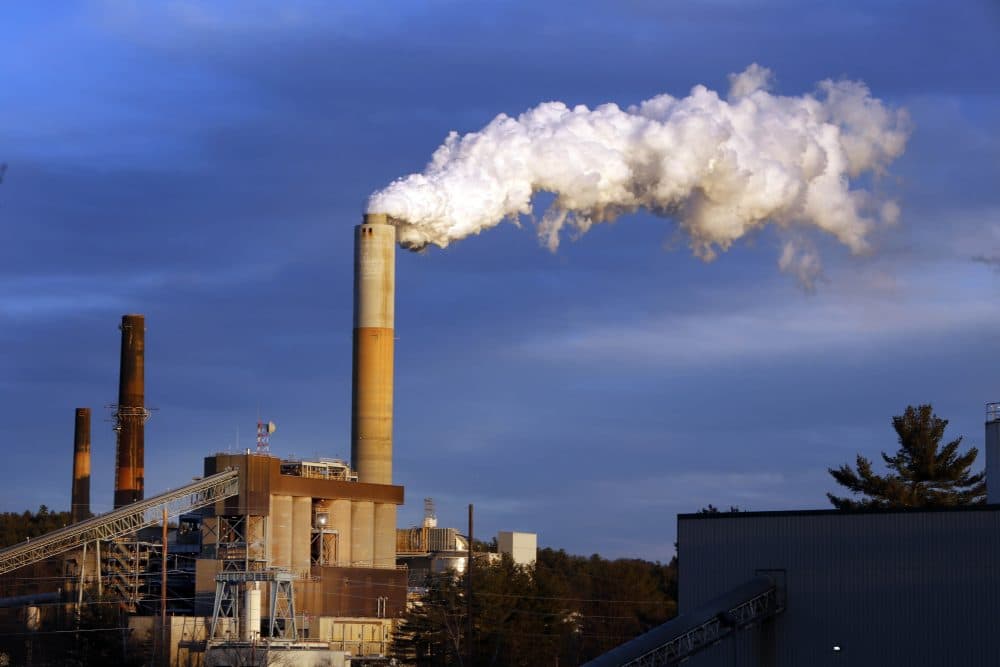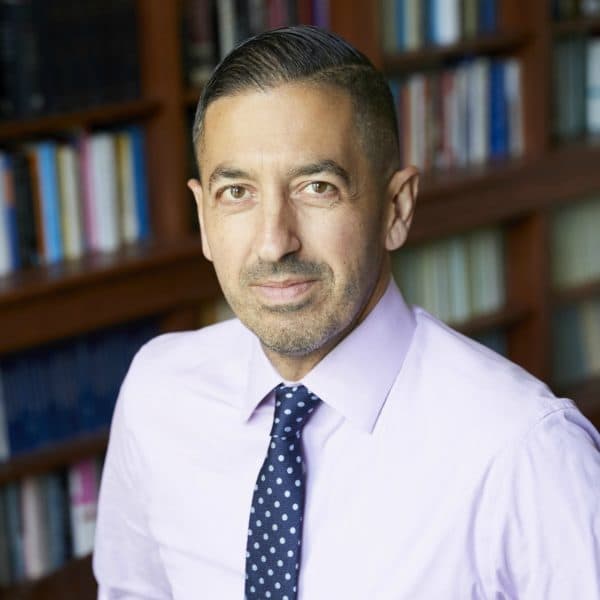Advertisement
Commentary
Climate Change Is Making Us Sick

On December 12, 2015, in Paris, representatives from 196 countries agreed to tackle the growing threat of climate change. Together, they committed to keeping the global average temperature below 2 degrees Celsius through substantial reductions in greenhouse gas emissions. At the time, only two countries did not sign the accord — Nicaragua and Syria. On Thursday, President Trump added the United States to that list.
The effects of climate change are incontrovertible. Since the end of the 19th century, the global temperature on earth’s surface has risen by approximately 0.85 degrees Celsius. In addition to higher sea levels, this has led to heat waves, acidification of the oceans, reduced glacier mass and an increase in extreme weather events. According to the overwhelming majority of scientists, these phenomena are caused by human activity, particularly by the emission of greenhouse gases into the atmosphere. The evidence is clear: Climate change is real and it is accelerating. But the threat of climate change is not limited to what it is doing to the health of the planet. It also undermines the health of populations.
This threat is most directly embodied by the rise in natural disasters that we have seen throughout the world. The number of natural disasters doubled in the last two decades from approximately 200 to 400 annually. Today, nine out of 10 natural disasters are related to climate change. Disasters shape the health of populations in several ways, with consequences that linger long after the initial devastation. By disrupting the social and physical infrastructure of a given place, disasters compound harm by straining the networks designed to care for survivors.
the threat of climate change is not limited to what it is doing to the health of the planet. It also undermines the health of populations.
After Hurricane Katrina, for example, many survivors with mental disorders experienced disruptions of care, and had to live with their treatment needs unmet. This is particularly challenging in the wake of a disaster, when the burden of mental illness can be just as heavy as the toll taken by physical injuries — or even worse. Thirty to 60 percent of adult disaster victims experience Posttraumatic Stress Disorder (PTSD); after Katrina, 30.3 percent of those in the New Orleans metropolitan area were estimated to have PTSD. The risk of depression and substance use also rises after disasters.
Forced migration is another emerging crisis caused by climate change. Natural disasters, as well as the desertification of once arable land and the rise in sea levels, will lead to migration of an unprecedented scale and complexity, especially in South Asia and regions like Bangladesh. Forced migration and the process of adapting to a new environment are significant stressors that can both aggravate pre-existing health conditions and create new ones. To make matters worse, migrants often lack access to medical care, which can exacerbate the health hazards of their journey, particularly for those who have pre-existing conditions. Migrants are also vulnerable to exploitation. This can include physical exploitation in the form of sexual trauma, violence, forced labor and financial exploitation. All of these factors contribute to the health burden imposed by forced migration, including the risk of psychiatric disorders like depression and PTSD.

While climate change is undoubtedly a global challenge, its effects are not equally distributed around the world. As is so often the case, the poor suffer the most -- even without taking climate change into account, poverty is a fundamental driver of health disparities in populations. When we add the effects of climate change to the picture, we are confronted with a vision of harm visited upon some of the most vulnerable people on earth. In many places, the poor tend to occupy the low-lying coastal areas that are most likely to feel the effects of rising tides, while the rich can afford to live in safer, more elevated areas. In the U.S., Hurricane Katrina taught us how socioeconomic factors like income, housing, immigrant status and race all influence how resilient populations are able to be in the face of climate-related weather events.
It is important to add that the emissions the Paris agreement was designed to cut are not just bad for the environment. Greenhouse gasses make us sick. According to the World Health Organization, about seven million people died in 2012 as a consequence of air pollution exposure — one in eight global deaths. Emissions from coal-fired plants are a significant contributor to this pollution. When it comes to the critical work of reducing greenhouse gasses, the words of Flannery O’Conner apply: “The life you save may be your own.” The planet you save certainly will be.
we are confronted with a vision of harm visited upon some of the most vulnerable people on earth.
While the Trump administration’s decision to withdraw from the Paris accords is deeply discouraging to many across the political spectrum and around the world, there is reason for hope. Cities and states have already begun exploring ways to protect our environment at the local level, regardless of which way the policy winds blow in Washington. Better still, the clean energy revolution of recent years has incentivized sustainability in a host of industries, and these trends show no signs of slowing down.
Finally, the international outcry against the Trump administration’s decision signals that the world is determined to take action against climate change, even if the U.S. government is not willing to take the lead.
Let us hope that President Trump’s action on Thursday, far from being the death knell of the climate fight, will instead catalyze renewed determination, and an even more ambitious multilateral agenda, to protect our environment and safeguard our health.
Sandro Galea's book, "Healthier: Fifty thoughts on the foundations of population health," will be published this summer.
